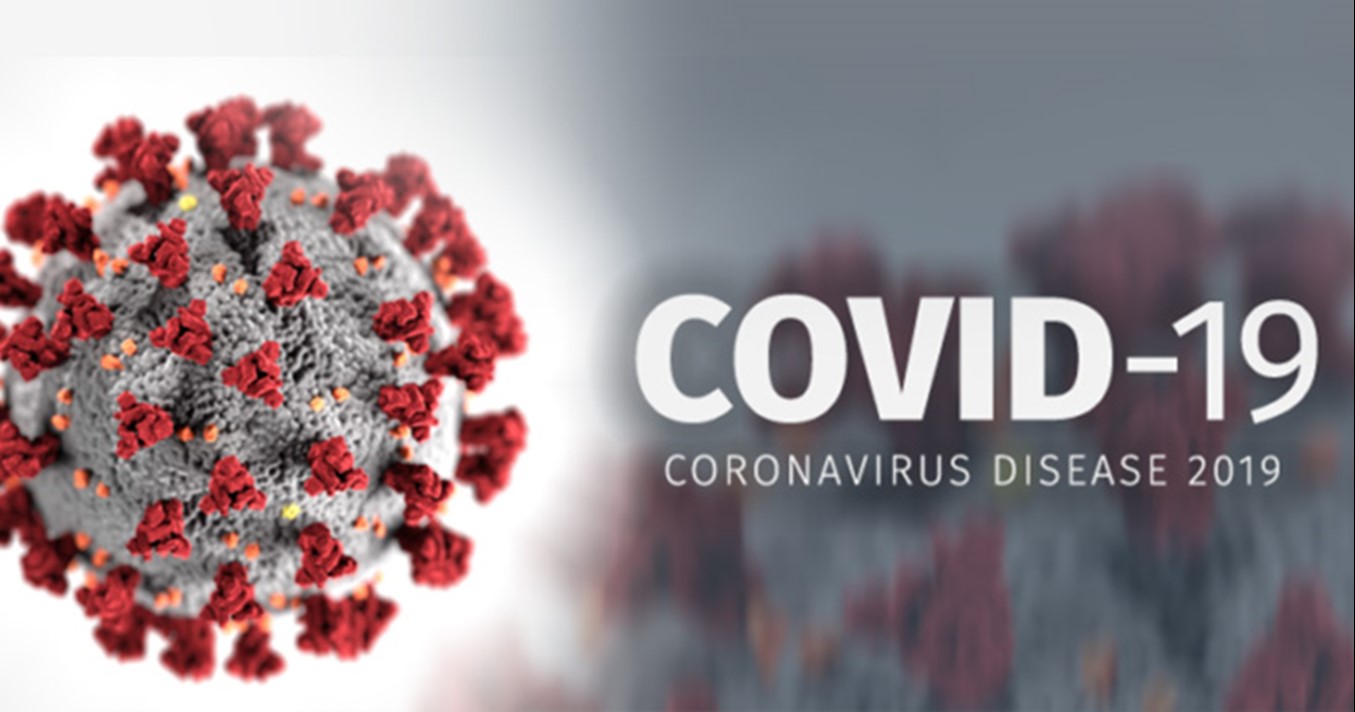- Healthcare
Facing COVID-19, a guide for the public

The novel coronavirus which first emerged in China has now spread to over 114 other countries.
Emergence of a new virus
The novel coronavirus which first emerged in China has now spread to over 114 other countries. Given the rapid rate at which it is propagating, the World Health Organization (WHO) has re-classified the outbreak from a public health concern to a global pandemic.
In Mauritius, as we prepare to face the new viral threat, it is important that as individuals, communities and a country as a whole that we show compassion, discipline and solidarity in our joint efforts to fight off this new illness. Covid-19 is neither influenza nor the Middle East Respiratory Syndrome (MERS). It is a novel disease which has never been seen in humans, and therefore, we do not know enough about its clinical features nor is there any treatment at the present time.
Who is responsible for prevention?
We are all responsible for the prevention or delay of the disease. Each and everyone has a role to play. The most important thing to do in the face of the epidemic is not to panic. Stress can add an extra burden on the body and the immune system, leaving us even more vulnerable.
What is the Covid-19?
The Coronavirus disease 2019 or COVID-19 belongs to a family of coronaviruses that can be transmitted between humans and other animal species, such as birds and cats. Some of the seven coronaviruses known to affect humans are known to cause mild to moderate common cold-like symptoms, whereas others like SARS (Severe Acute Respiratory Syndrome) can result in more serious symptoms. As it has been newly identified, COVID-19 is referred to as a “novel coronavirus” and, like SARS, its symptoms can be more severe.
What are the symptoms?
The main symptoms include:
- fever
- shortness of breath
- dry cough
- tiredness
Less common symptoms include
- aches & pains
- runny nose
- congestion & sore throat
- diarrhea
Symptoms can range from mild to severe, leading to death in a small proportion of affected individuals due to lung-related complications such as pneumonia. Older people and those with chronic or underlying medical conditions such as diabetes, high blood pressure, reduced immunity or heart disease may be at higher risk. The data to date indicate that COVID-19 is less common in children and young people, with remarkably fewer cases in this age group.
Who should be tested for COVID-19?
In most countries, only people who show the above symptoms and with recent travel history to affected countries such as Europe (Italy, France, England), US, South Korea, Iran, Japan and lesser extent African countries or those who have been hospitalized with severe (lower respiratory) symptoms that cannot be ruled out as the flu, are being tested for COVID-19.
Transmission of the Coronavirus
Symptoms are known to appear 2-14 days following exposure. This does mean that someone who is infected may not exhibit any symptom for up to two weeks, during which they could have unknowingly transmitted the virus through contact to other people. Evidence suggests that the virus spreads via respiratory droplets when an infected person sneezes or coughs. It is also thought that the virus can be acquired by touching surfaces which may have come in contact with infected respiratory droplets and then touching the nose or mouth. The virus can stay alive for up to 10 hours on hard surfaces. Thus, frequent cleaning of common surfaces/areas with a disinfectant is recommended.
In Mauritius, the government is taking reasonable action to prevent entry of the virus from abroad by enforcing quarantine of people coming from affected parts of the world and shutting down flights to areas which have become the epicenter of the virus.
Prepared by:
Dr Reshma Ramracheya
Research Scientist & University Research Lecturer at the University of Oxford
Senior Research Fellow at Wolfson College, University of Oxford
Reshma.ramracheya@ocdem.ox.ac.uk



